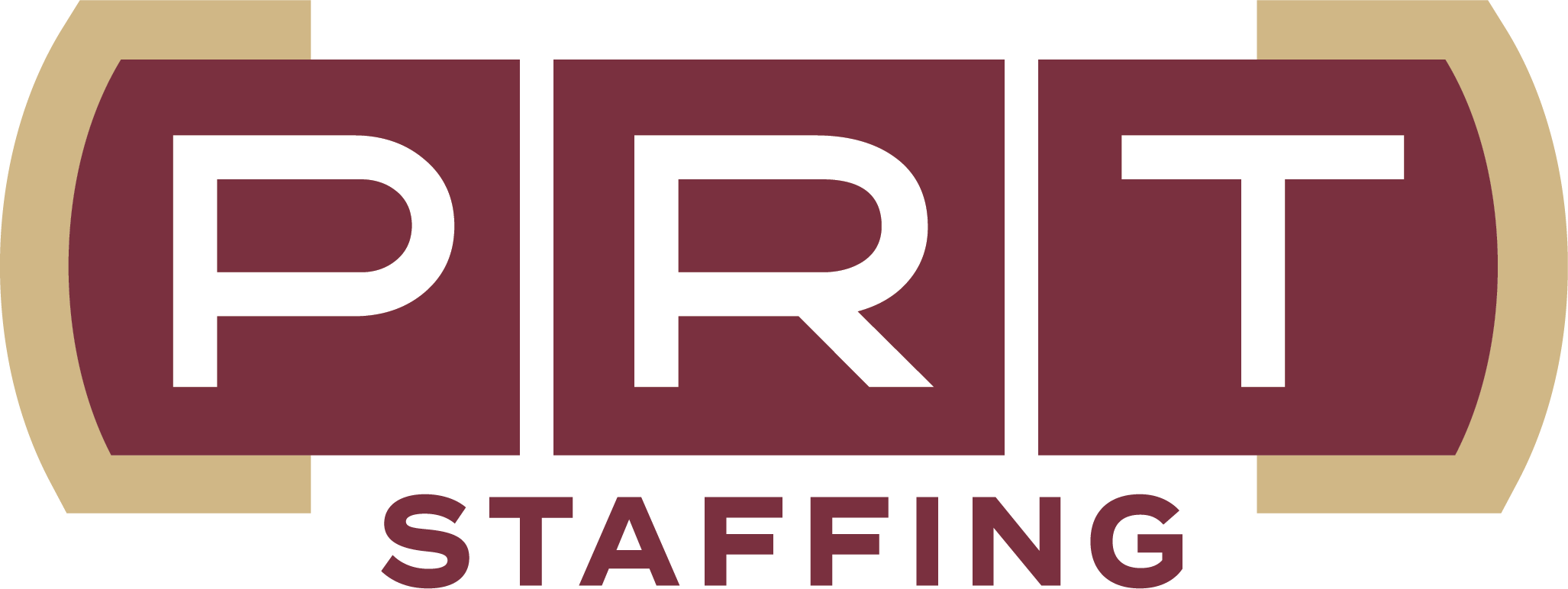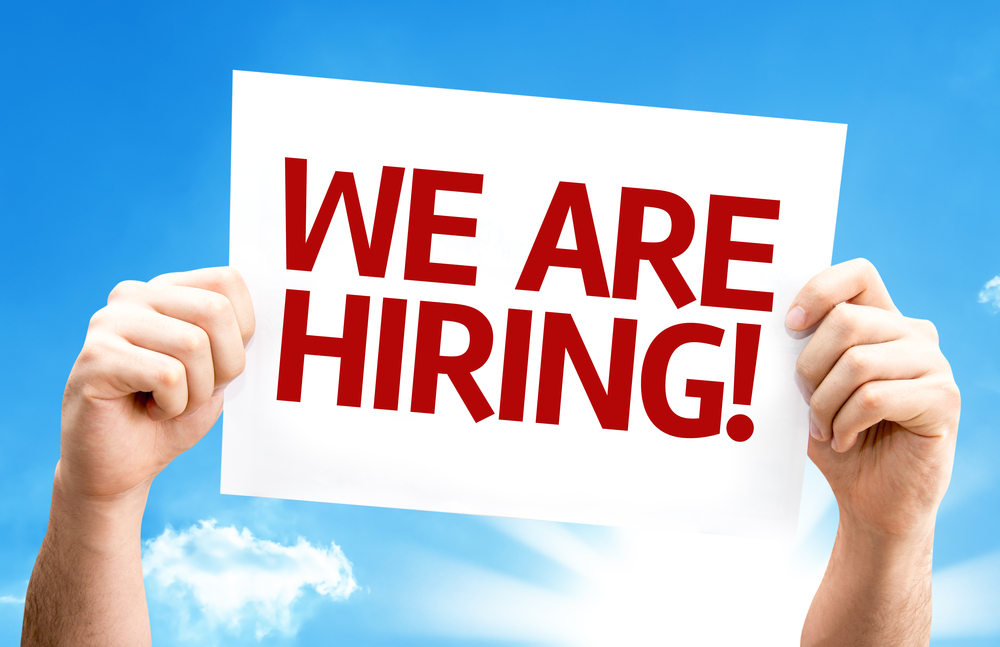
Understanding Workplace Drug Testing Regulations in Arizona, Florida, and Georgia
Most Americans may not give it much thought but where we live, work, and play matters as each of the 50 states has its unique laws.
If you can remember those civic lessons in school, the Tenth Amendment to the U.S. Constitution says that all powers not granted to the federal government are reserved for the states and the people.












